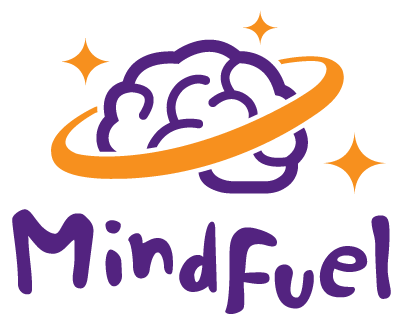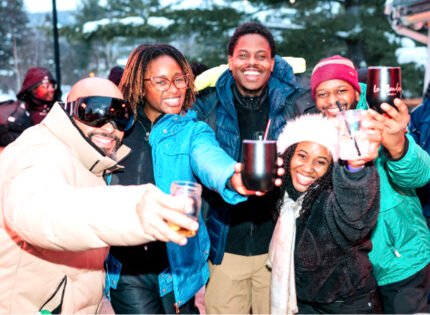On April 17, 2025, it was announced that the registered charitable organization MindFuel, which is committed to developing STEM innovation for kindergarten to Grade 12 and post-secondary youth in Canada, received $500,000 in funding over two years from the RBC Foundation. The funding will support its technology platform, Connect2Innovate, which connects youth ages 15 to 29 across Canada to partners and supports the innovation journeys of aspiring entrepreneurs.
Cassy Weber, CEO of MindFuel, said that through Connect2Innovate, participants meet mentors and experts and work in teams to develop projects tackling real-world problems such as carbon capture, genetic engineering to promote rapid blood clotting in emergencies, slowing the buildup of brain plaque, and neurological diseases such as Alzheimer’s and Parkinson’s.
Weber said that over the last ten years in Quebec, MindFuel has supported at least 50,000 students. Its focus on racialized and Indigenous youth stems from under-representation seen among women, racialized and Indigenous company co-founders. She said partnerships with community organizations help break these barriers.
“It takes all sorts of diversity and skills to take something from a concept to an actual product, and it’s never the case that one person does that. It’s a team of very talented, diverse and capable people,” Weber told the CONTACT.
Weber said that every year they administer a pre-program survey to the entire cohort, which generally consists of racialized and Indigenous youth. The survey asks whether they believe the STEM innovation space is accessible to them and whether they are interested in innovation- or entrepreneurship-related careers.
“We see that up to 87 per cent of them do not believe that the innovation space is accessible,” Weber said. “And they list reasons; there are economic barriers, and there’s a myth that you must be born with a special kind of innovative genetic combination.”
Codingville.ca, a coding and computational-thinking training site, is part of Connect2Innovate. Weber said that last year, 680 students completed three coding modules, about 25 hours of training, with guidance from 26 teachers. In 2024, more than 15,000 youth across Canada completed Codingville training. The demographic breakdown is as follows:
Participants identify as:
Female: 51.2 per cent
Male: 48.3 per cent
Black: 2.3 per cent (overall, 41 per cent racialized)
Indigenous: 4.15 per cent
With disabilities: 19.9 per cent
From rural or remote areas: 34.5 per cent
“What we want to do is bring youth from across Canada’s diverse network, give them the tools and resources they need, whether mentorship or project funding, and guide them,” Weber said.
For more information, reach out to info@mindfuel.ca.












